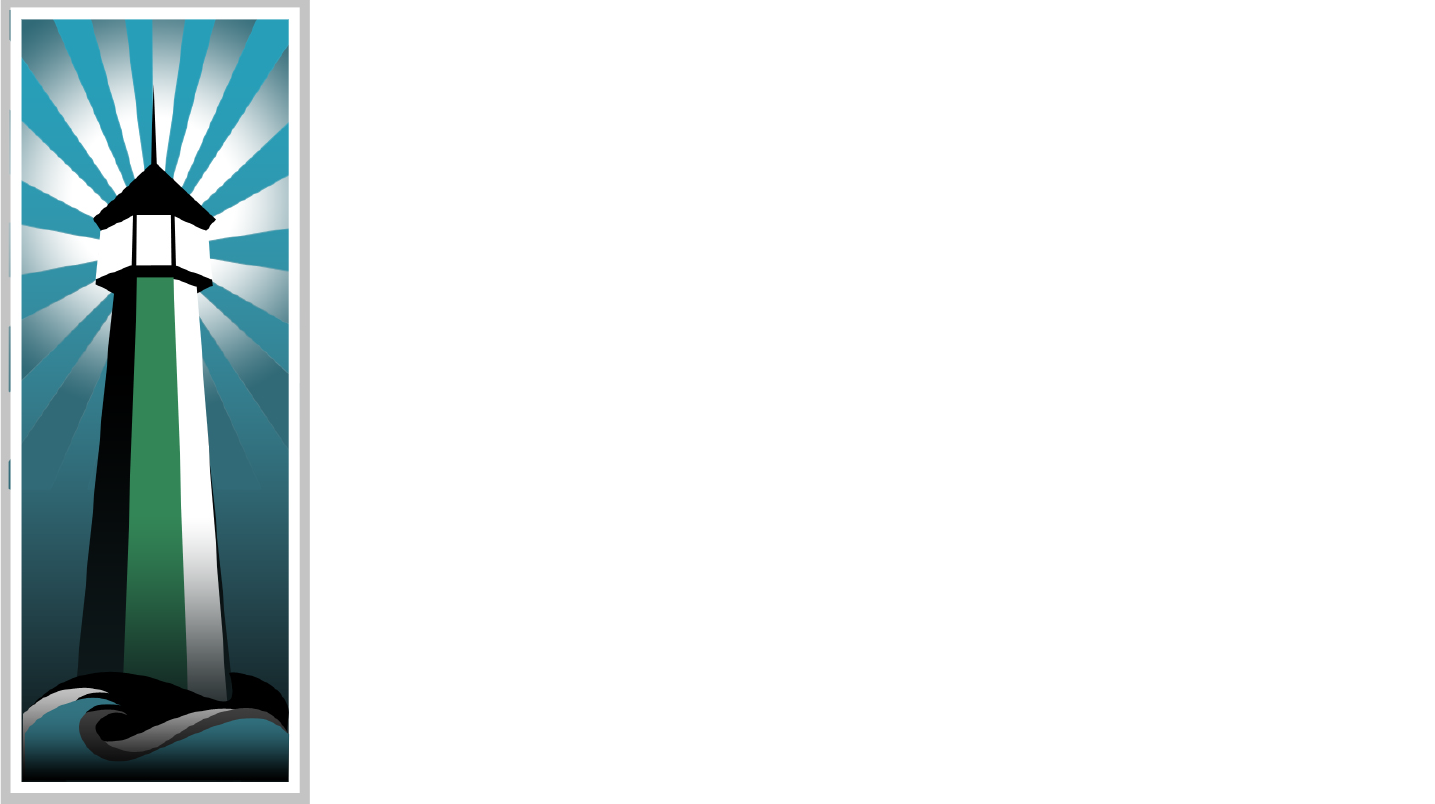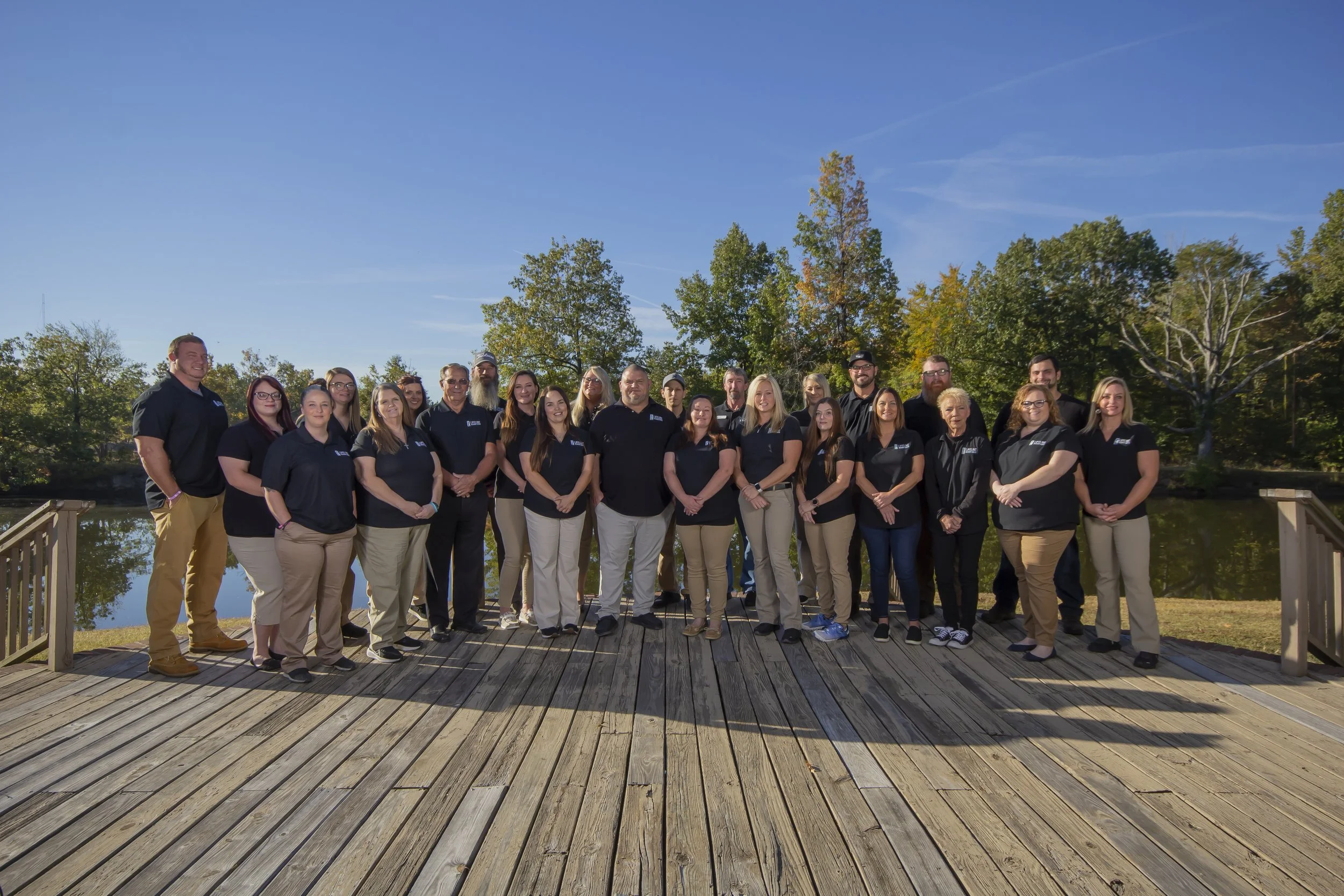
About Lifeline
Lifeline Recovery Center started providing a Christ-centered approach for those dealing with life-controlling addictions in 2004 in Paducah, Ky. Since 2013, we have served over 2000 people with a 63 percent success rate of sobriety after one year.
Frequently Asked Questions
What is Lifeline Recovery Center?
A Christ-centered accredited long-term residential substance abuse treatment facility with separate campuses for men and women.
How is it different from other residential rehab programs?
Because of volunteer and philanthropic support, costs for the nine-to-12-month program are lower than most 30-day programs. We believe the longer program helps our clients be more successful in their sobriety journey.
We do not use medical-assisted treatment. Instead, our abstinence-based, Christ-centered approach includes individual, family and group counseling and relies on the 12-step program.
Our program requires clients to work, setting them up for a successful transition back into a productive life after completing treatment.
How do you determine your success?
More than 2,000 people from four states have sought our services.
We are a valued partner with the area judicial systems for appropriate referral treatment.
We are nationally accredited by the Commission on Accreditation of Rehabilitation Facilities (CARF) and the American Society of Addiction Medicine (ASAM), meaning our staff and program meet strict criteria.
We have grown since starting in 2004 to two campuses today with more than 40 staff, including certified drug and alcohol counselors, and 75 volunteers. (See staff to read their roles and credentials).
We have 100 percent job placement for our clients.
How do I enroll or help a loved one get admitted?
Fill out an on-line application, visit one of our campuses or call us at 270.443.4743.
What is the minimum age for treatment here? 18
What is required for admission?
Admit you have a problem. (This is the responsibility of the client, not that of a relative or friend.)
Commit to the program’s three phases of residential treatment, lasting nine to 12 months.
Comply with the center’s rules. These will involve phone calls, visits and transportation, which differ from phase to phase as clients earn privileges.
What happens upon admission and throughout the three phases of treatment?
Counseling and assessments begin immediately, and a case manager is assigned to assist with individual needs, ranging from legal to medical issues.
They immediately begin Bible study, peer support and volunteer work.
During the first two weeks, while new clients are building connections with counselors, staff and peers on campus, they may not make phone calls or have visits with anyone from off campus.
After two weeks, they may use the center’s landlines to phone family and have a three-hour visit with immediate family each weekend. Family also is encouraged to go to church with their loved one during this time.
These policies remain in effect through Phase I, ranging from 80-150 days.
Phase II
During Phase II, when clients are required to work full-time, they may have a vehicle and arrange weekend passes to visit family. During Phase II, they must be back on campus by 6 pm for their evening meal and classes.
Phase III
After completing Phase II, clients move into transitional housing for independent living, while they continue to work. Their nightly curfew is 9 pm. They must attend two meetings and two church services weekly, as well as an after-care class on Monday nights. Once monthly, they will serve as peer support, helping others coming into the program.
All residents take random drug tests.
How much does it cost?
Lifeline bills your insurance (or helps you get Medicaid) to fully cover the cost of Phase I, the first 80-150 days, so you have no out-of-pocket expense during that time. During Phase II, you are required to get a full-time job (with transportation provided), so you can pay $3,000 for room and board, as well as counseling services, during this period of 90 days or more. During Phase III, when you live independently in our sober living or transitional housing, your cost is $125 per week.
What are room and board like?
Men and women live on separate campuses in dormitory-style facilities. Worship areas, classrooms, meeting space and recreational opportunities are available.
Phase I clients rotate in preparing food and cleaning up, giving them an opportunity to take responsibility and give back. Phase II clients eat with the group, unless they return too late from work and can then warm a plate. Phase III clients cook for themselves in independent living facilities.
How does the community support Lifeline?
75+ volunteers assist our staff annually.
Over 300 donors contribute approximately $1 million or more each year, helping keep the costs low. You can contribute here.
More than 15 employers hire our clients regularly, and many companies refer their employees for services here.
The community keeps up with Lifeline news and needs by following its social media, attending annual events and reading the LifeLINE, our semi-annual newsletter.
Our 13-member volunteer board provides strategic direction and leadership.

